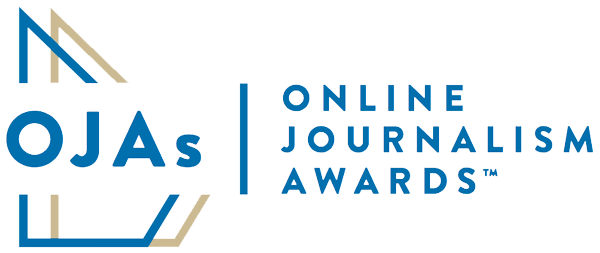


Organizations
The New York Times
Type Investigations
Award
Excellence in Social Justice Reporting, Single Story
Program
2022
Entry Links
Link 1
This investigation by Jaeah Lee took readers inside a lesser-known, wonky corner of criminal justice—how evidence rules contribute to racial disparities in the courts. Lee focused on one specific practice that she encountered repeatedly in her reporting: how prosecutors use rap—in the form of lyrics, music videos, album images—to argue defendants are guilty, even when little other evidence link them to the crime.
With support from Type Investigations, Lee spent more than two years building a database of 230 criminal defendants where rap was used as incriminating evidence. She partnered with two leading scholars who have studied “rap on trial,” and a team of student researchers at the University of Georgia, to track down court documents and identify details including the defendants’ race, how lyrics were used against them, and the outcomes of their cases.
Together, they identified an alarming trend: the database revealed more trials involving rap lyrics in the past decade compared to the 1990s, suggesting that the practice of interpreting rap as proof of a crime has become more prevalent over time, even in recent years when a broader awareness of racial disparities in the courts have prompted reform. Lee and her team identified about 50 defendants who were prosecuted using rap between 1990 and 2005; they found more than double that number in the 15 years that followed. The majority of defendants were sentenced to 10 years or longer. Some were only teenagers; some were sentenced to death. Of the cases where race and gender data were available, roughly three-quarters were African American men.
The database required sifting through a mountain of court documents, a collective effort sustained week after week over multiple years. Each academic semester, Lee and her collaborator, legal scholar Andrea Dennis, trained a group of University of Georgia students on the project methodology so they could assist with document research and data entry. Lee and Dennis met weekly on the phone to review and discuss pre-trial motions, court opinions, and evidence rules for individual cases. Some cases required hours of research and discussion just to discern how lyrics played a role and on what grounds a prosecutor argued their relevance. By the time the story published on the cover of The New York Times Sunday Review, nearly 20 researchers had contributed to the database.
The Online Journalism Awards™ (OJAs), launched in May 2000, are the only comprehensive set of journalism prizes honoring excellence in digital journalism around the world.
